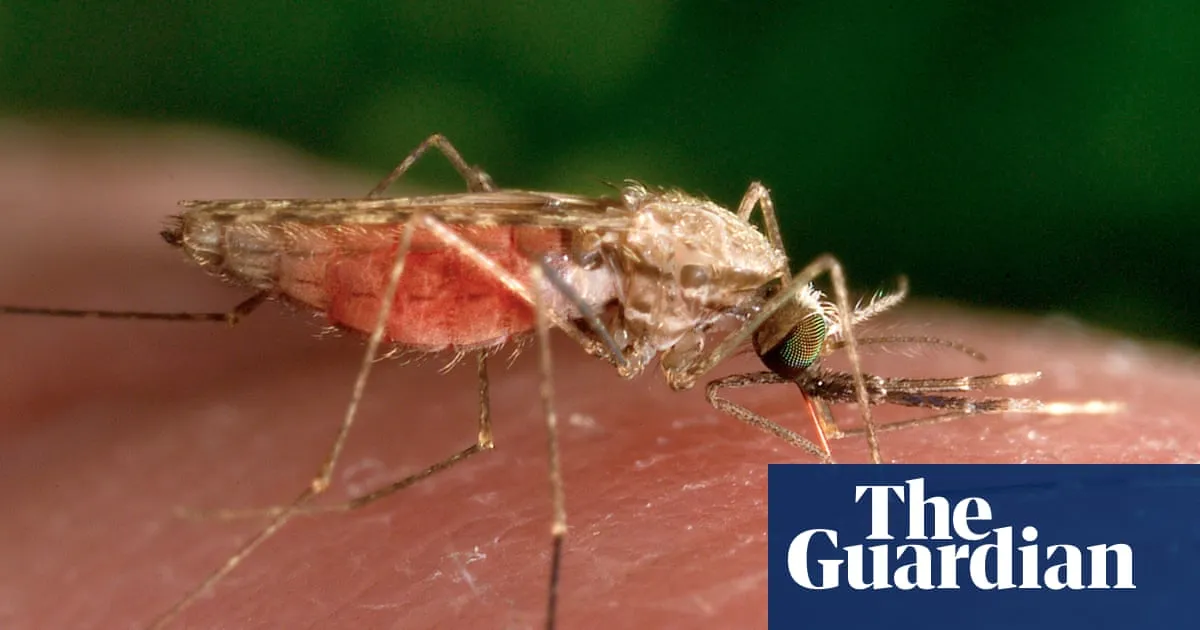
Zimbabwe's battle against malaria has faced a significant setback as health experts report that the disease has returned “with a vengeance.” In 2025, the country recorded a staggering 115 outbreaks, a dramatic rise from just one outbreak in the previous year. This alarming increase follows the cessation of crucial funding from the United States, which occurred six months after former President Donald Trump halted financial support for essential research and national response programs.
The funding cuts, implemented in January 2025, affected not only malaria programs but also initiatives addressing tuberculosis and HIV/AIDS. One of the most affected entities is the Zimbabwe Entomological Support Programme in Malaria (Zento), based at Africa University in Mutare. This program plays a vital role in providing scientific research to support Zimbabwe's National Malaria Control Programme.
According to the Zimbabwean health ministry, cumulative malaria cases surged by 180% in the first four months of 2025. The number of malaria-related deaths also saw a staggering 218% increase, rising from 45 deaths during the same period in 2024 to 143 in 2025. By June 26, the total number of malaria cases reached 119,648, resulting in 334 fatalities. This sharp rise in malaria cases highlights the urgent need for effective malaria prevention and treatment strategies.
The disruption in the distribution of essential control methods, such as mosquito nets, has left countless individuals vulnerable to mosquito bites. In May, the health ministry reported plans to distribute 1,615,000 insecticide-treated nets; however, a funding shortfall of 600,000 nets due to the withdrawal of US funding exacerbated the situation. Itai Rusike, director of Zimbabwe’s Community Working Group on Health, emphasized the critical need for sustained domestic funding to maintain the progress made against malaria over the past two decades.
Dr. Henry Madzorera, a former health minister, urged Zimbabwe to mobilize its own resources to fill the funding gap created by the US cuts. “We have a lot of taxes earmarked for the health sector – let us use them wisely for health promotion and disease prevention,” he stated. Emphasizing the importance of early treatment for malaria, Madzorera cautioned against relying solely on donor support for malaria elimination efforts.
In 2024, USAID allocated $270 million for health and agriculture programs in Zimbabwe. However, Deputy Health Minister Sleiman Kwidini acknowledged that the funding gap left by the US cuts had severely affected the provision of mosquito nets. “We are now taking over the procurement of those nets after the US withdrew funding. We have just been disturbed, but our vision is to eliminate malaria by 2030,” Kwidini stated.
Prof. Sungano Mharakurwa, director of Africa University’s Malaria Institute, noted that the loss of funding would delay recovery efforts. He expressed optimism that with renewed financial support, Zimbabwe could quickly resume its initiatives to combat malaria. The Zento mosquito surveillance program had shown promising results, significantly reducing malaria cases in Manicaland province. However, the program’s expansion was abruptly halted due to the funding cuts.
Data from Africa University indicates that Manicaland recorded 145,775 malaria cases in 2020. After the introduction of Zento in 2021, this number dropped significantly to 28,387. By 2024, malaria cases had further declined to 8,035, but following the US funding cuts, the numbers surged to 27,212 in 2025. Mharakurwa pointed out that the increase in malaria cases coincided with above-normal rainfall, which further facilitated the transmission of the disease.
The situation in Zimbabwe underscores the urgent need for effective strategies to combat malaria. With a national goal to eliminate malaria by 2030, Zimbabwe must focus on raising community awareness, distributing insecticide-treated nets, and enhancing surveillance systems. The fight against malaria is critical not only for public health but also for the socio-economic stability of the nation.